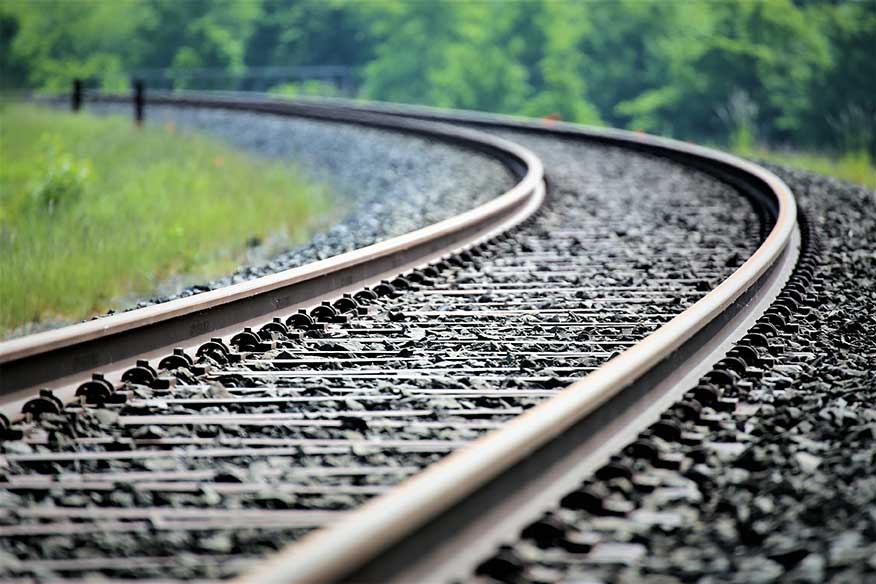Rail Transportation

The Rail Transportation Industry is a vital part of the global economy, transporting goods and people across vast distances. Rail transportation is an efficient and cost-effective mode of transportation that can move large volumes of goods quickly. Trains carry different things like coal, iron ore, cars, electronics, grain, and animals. Rail transportation is also used to transport people, with passenger trains offering a comfortable and convenient mode of transportation.
The Rail Transportation industry is highly regulated to ensure safety and reliability. Rail companies must comply with strict safety regulations, including regular inspections of equipment and tracks. Rail companies also invest heavily in technology to improve safety and efficiency. Rail companies use sensors and technology to monitor tracks and equipment in real-time. This helps them find issues before they become serious. Trains are important for the world economy, helping to move goods and people safely and efficiently.
Bearings play a critical role in rail transportation, ensuring that trains can move safely and efficiently. Rail bearings are used in a variety of applications, including wheelsets, traction motors, and gearboxes. Bearings used in rail transportation are designed to withstand high speeds, heavy loads, and extreme temperatures. They are also designed to operate with minimal maintenance, ensuring that trains can run for long periods without interruption.
The importance of bearings in rail transportation cannot be overstated. Bearings help to reduce friction and wear between moving parts, ensuring that trains can operate smoothly and efficiently. They also help to reduce noise and vibration, making train travel more comfortable for passengers. Bearings used in rail transportation must be able to withstand the harsh conditions of the environment, including dirt, dust, and moisture. They need to handle heavy loads and high speeds, which can stress the bearings a lot. In summary, bearings are essential to the safe and efficient operation of trains. They help to reduce friction and wear, reduce noise and vibration, and ensure that trains can operate smoothly and efficiently. Bearings in trains are made to handle tough conditions, so they're crucial for the rail industry.
Trains use many different types of bearings, including tapered roller bearings and spherical roller bearings. We have a wide range of bearings and supplies available for you to explore! To learn more about tapered roller bearings or any of the other bearings we offer, contact us today!

